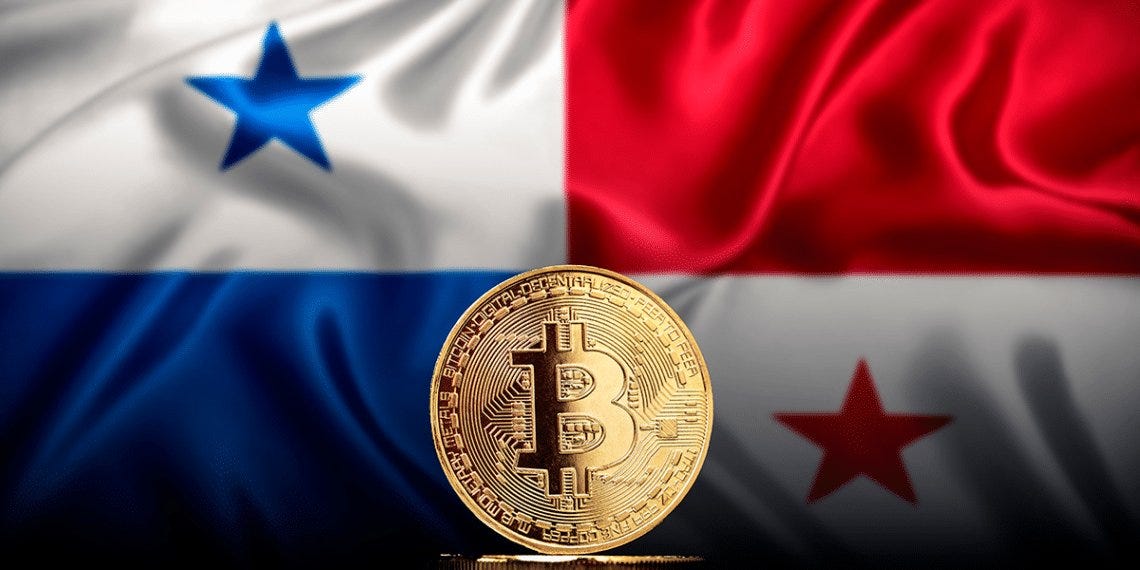Bitcoin in Panama
Embracing Innovation in the Heart of Central America
Panama, the vibrant and dynamic country connecting North and South America, has been making strides in embracing new technologies and innovations. With the global rise of cryptocurrencies, including Bitcoin, many are curious about the current state of Bitcoin in Panama. In this article, we will explore the regulatory environment, adoption rate, and key developments of Bitcoin in Panama.
Regulatory Framework:
As of my last update in September 2021, Panama had not implemented specific regulations targeting cryptocurrencies like Bitcoin. The country's regulatory approach had been relatively open, allowing individuals and businesses to use and trade cryptocurrencies without significant restrictions. However, it's essential to check for the latest developments, as regulations can change over time.
Bitcoin Adoption in Panama:
Panama has experienced a growing interest in Bitcoin and other cryptocurrencies among its population. Several factors contribute to this increasing adoption:
Digital Connectivity: Panama has a well-developed digital infrastructure, making it easy for residents to access and use cryptocurrencies through online platforms and mobile applications.
Remittances and Cross-Border Payments: Bitcoin's decentralized nature and low transaction fees make it an attractive option for remittances and cross-border transactions, which are significant contributors to Panama's economy.
Financial Inclusion: The use of cryptocurrencies can potentially promote financial inclusion, offering access to financial services to those who are unbanked or underbanked.
Favorable Business Climate: Panama's business-friendly environment has attracted various blockchain and cryptocurrency startups to establish their presence in the country, further driving cryptocurrency adoption.
Cryptocurrency Exchange Services in Panama:
Panama hosts a growing number of cryptocurrency exchange platforms and businesses that facilitate the buying, selling, and trading of digital assets, including Bitcoin. These platforms typically adhere to Know Your Customer (KYC) and Anti-Money Laundering (AML) regulations to ensure compliance and security.
Panama's Blockchain Initiatives:
Beyond individual adoption, Panama has shown interest in exploring the potential of blockchain technology. The government has participated in discussions and events related to blockchain's applicability in areas such as supply chain management, public services, and land registry. However, as of my last update, no large-scale government-backed blockchain initiatives had been implemented.
Risks and Challenges:
While Panama has seen increasing interest in Bitcoin and cryptocurrencies, it's essential to recognize potential risks and challenges:
Regulatory Uncertainty: As the regulatory landscape evolves, there may be changes in the treatment of cryptocurrencies, impacting their use and adoption.
Security Concerns: Users must exercise caution when dealing with cryptocurrencies, as scams and cyber threats remain prevalent in the crypto space.
Volatility: Bitcoin's price volatility can pose risks for investors and businesses using it for everyday transactions.
Conclusion:
Panama, with its tech-savvy population and progressive approach to innovation, has seen a growing interest in Bitcoin and cryptocurrencies. While the regulatory landscape remains relatively open, it's essential for individuals and businesses to stay updated on any potential changes in regulations. As the global adoption of cryptocurrencies continues, Panama's position as a key player in the region's crypto ecosystem is likely to strengthen, encouraging further growth and development in the years to come.


